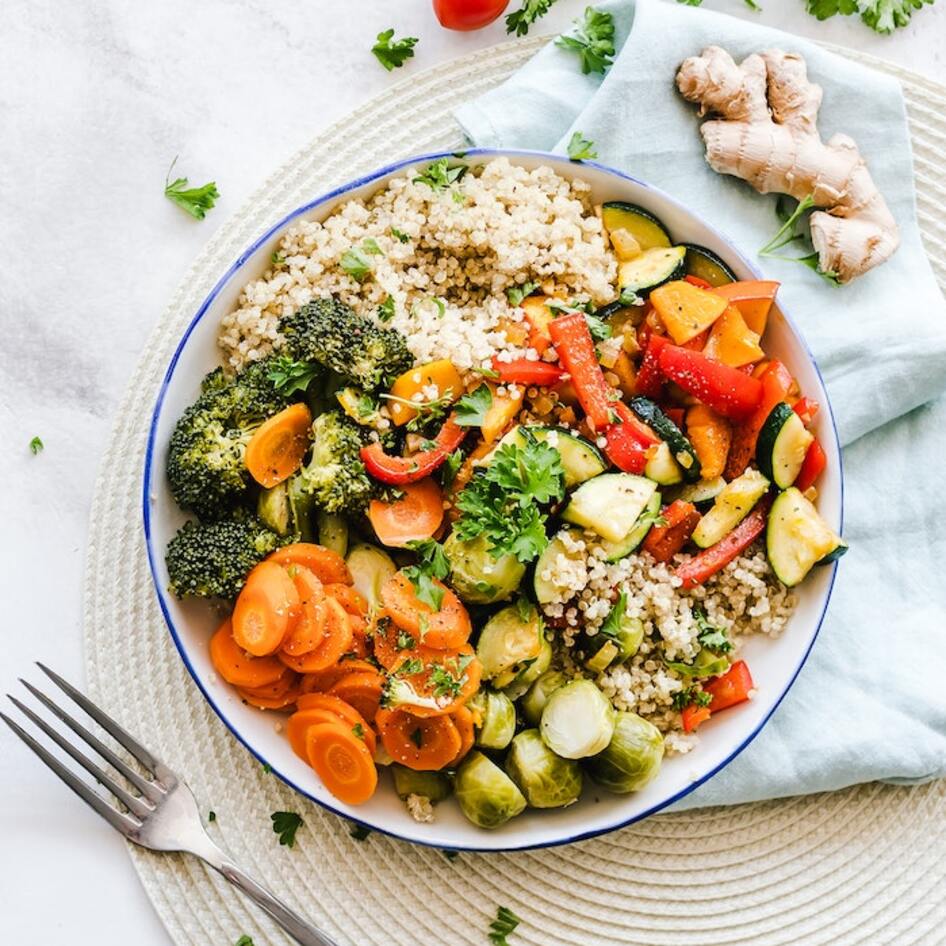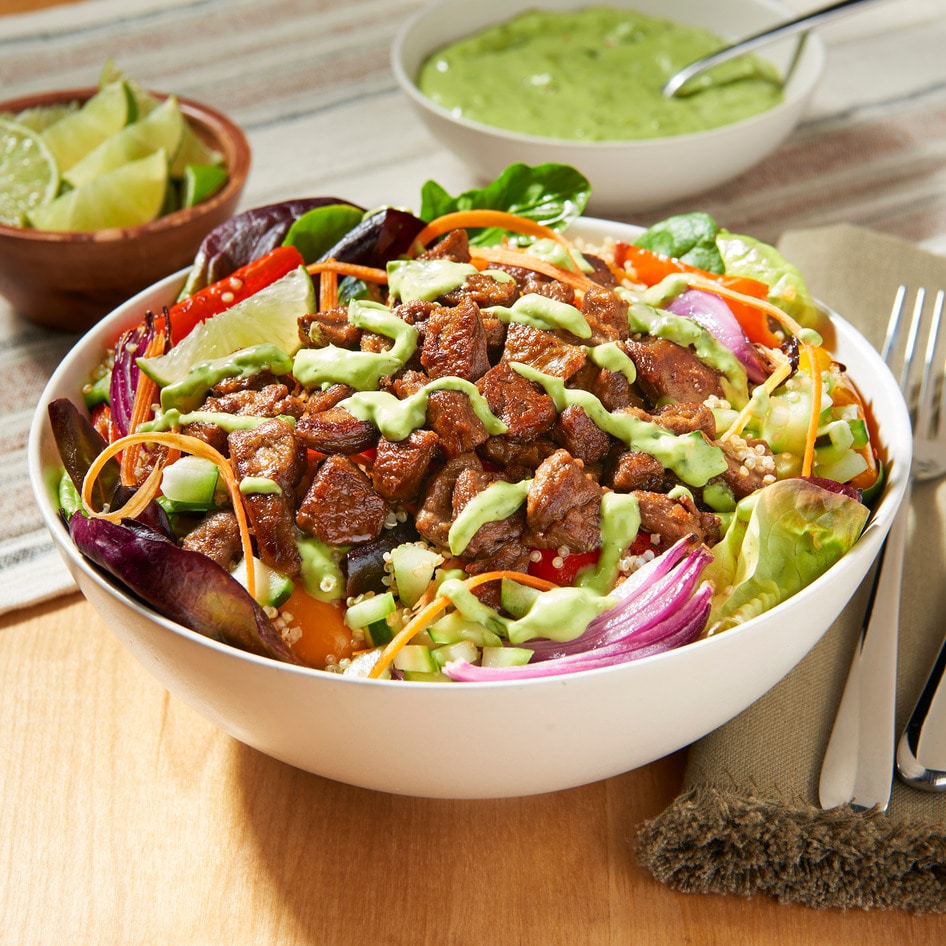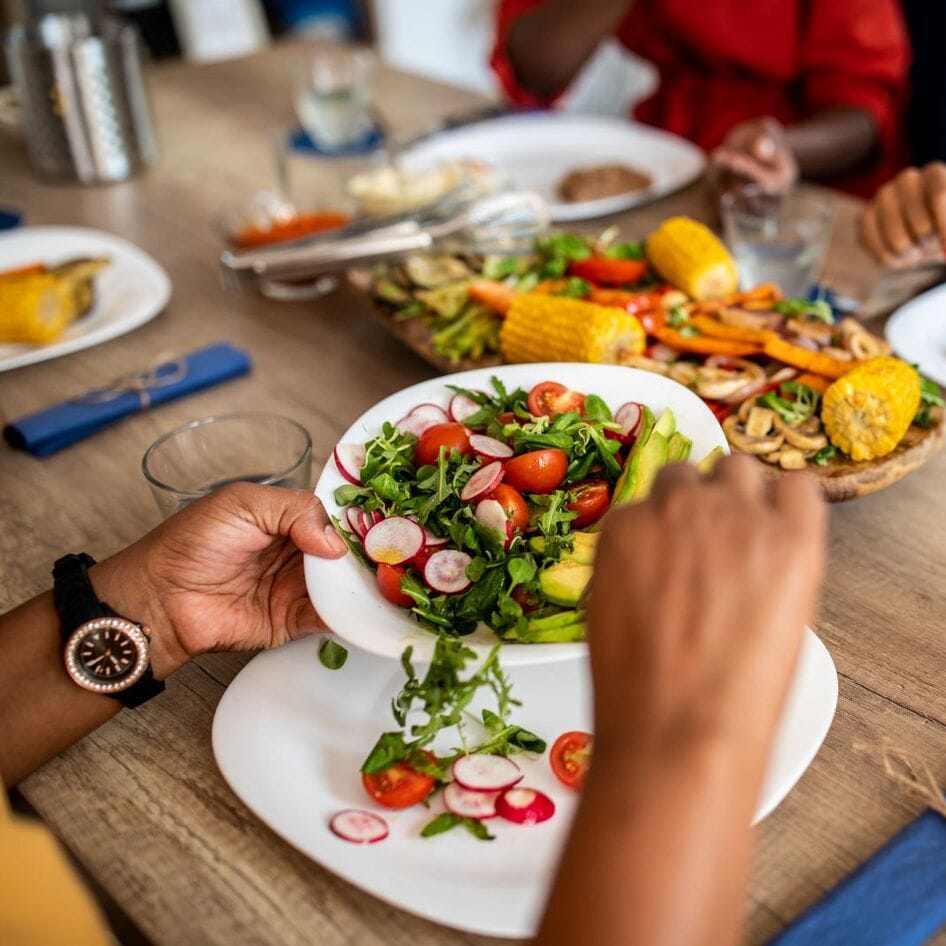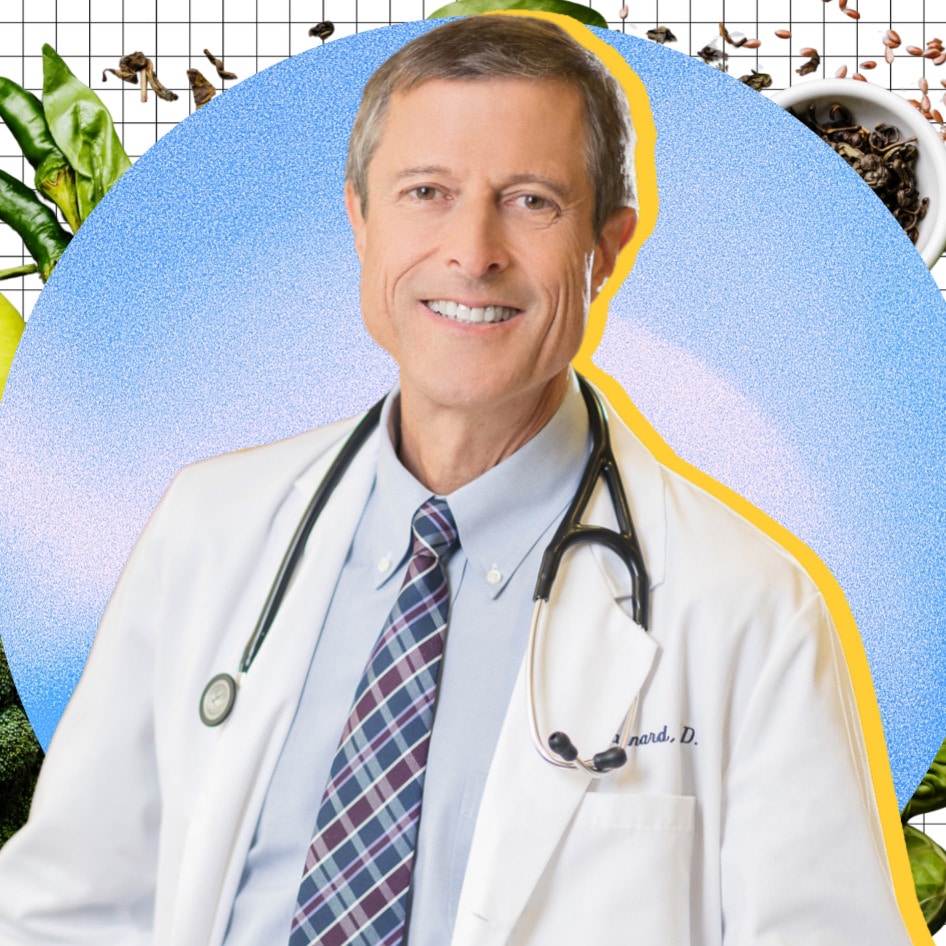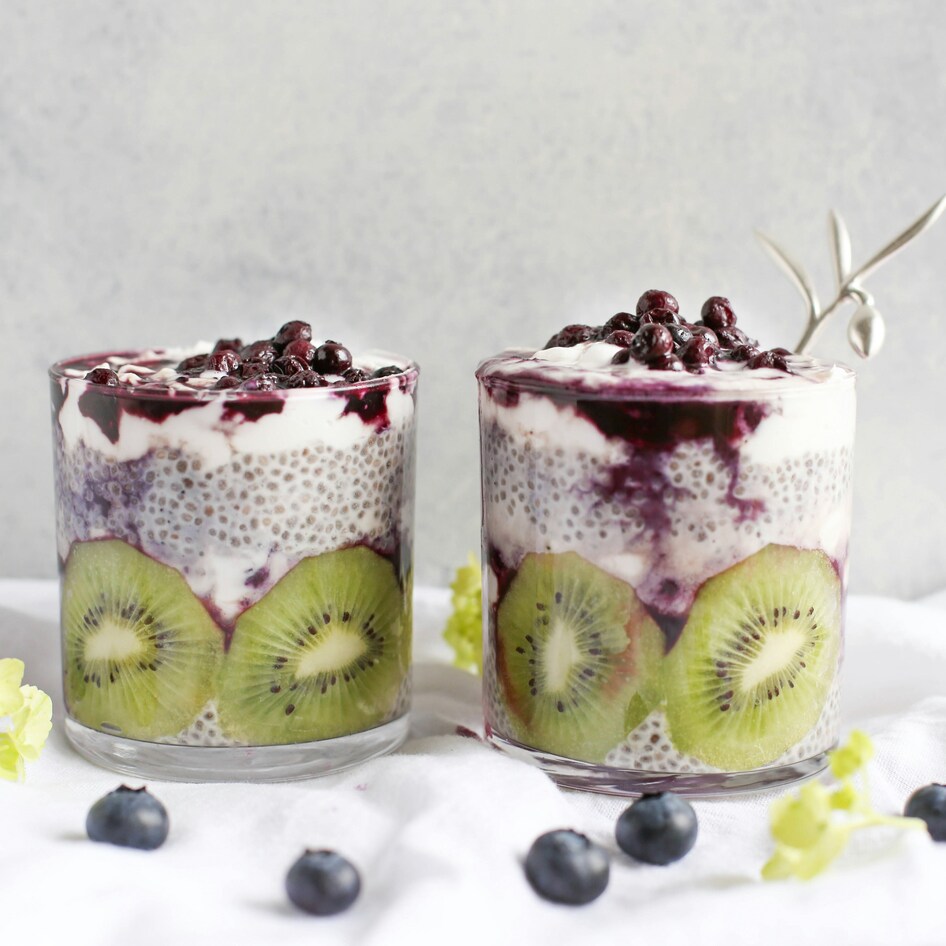Whether one reads about the reducetarian movement, the benefits to the environment, or an entire medical journal dedicated to plant-based health, adopting a whole-foods, plant-based (WFPB) diet is a hot commodity. A recent marketing survey reported that an astounding 70 percent of the world’s population is reducing or eliminating meat consumption. After four decades of eating a WFPB diet and three decades advising the same to patients in my clinic, I have some insight into how to take a vegan diet and make it “vegan-plus.” I tell my patients that one way they can be “smart” vegans is by not packing prepared and junk-food versions of plant-based food. Here are four other lessons I have learned over the years to make your vegan diet even more successful.
1. Use supplements
Many (if not most) people who eat a meat-centric diet are deficient in nutrients and fiber. A vegan diet is a great choice to counter these deficiencies, but the importance of smart supplementation should not be overlooked for people of all dietary persuasions. Michael Greger, MD, of NutritionFacts.org has recommended several supplements for all persons eating a WFPB diet. One is vitamin B-12, and there should be no excuse for avoiding this widely available supplement. Approximately 250 micrograms a day of cyanocobalamin is recommended, but I recommend the methylcobalamin version if genetic testing reveals an abnormality of the MTHFR 677 allele (measured on blood work in my clinic). Vitamin D3, available now in vegan versions, in a dose of 2,000 International Units a day is recommended unless regular summer sun exposure is certain. Finally, algae-based omega-3 such as 250–500 milligrams a day of EPA and DHA is recommended, while iodine can be obtained from seaweed or iodinized salt. If you do not use these items, 150 micrograms a day in a supplement is recommended.
2. Emphasize organic
The organic food sector is growing rapidly but still accounts still for less than 10 percent of food purchases. There is no doubt that when faced with the choice of eating conventional produce or none, we should eat the conventionally grown fruit and vegetables. Studies demonstrate the health benefits of eating up to 10 servings of produce a day, and these benefits far outweigh the risks of the pesticides often found on the produce. However, when faced with the choice of conventional or organic components of a WFPB diet, data favors the organic selection.
3. Incorporate fasting days
If you have adopted a vegan diet for health, you can take that drive to an even higher level with the ample medical evidence that fasting has many benefits, as demonstrated in research studies. The reality is that not everyone achieves ideal body weight or control of inflammation from a WFPB diet, and overeating might be a reason why. At my clinic, I use a fasting mimicking plan developed at the University of Southern California by Valter Longo, PhD. After years of research, his team has shown reductions in weight, visceral fat, inflammation, and markers of cardiovascular disease. Even better? The program is plant-based.
4. Avoid oils
All food has some calories from fat, and there is no such thing as a fat-free vegan diet, as any diet based on fruit, vegetables, legumes, and whole grains will contain fat. If whole nuts, olives, and avocados are avoided, the overall calories from fat might be in the range of 10 percent, while diets with these whole foods can reach approximately 35 percent. Both approaches have evidence for healthy outcomes in the general public. That is quite distinct from adding processed oils, no matter what kind, to a WFPB diet. All oils extract only the fat calories from the original source, while leaving behind many nutrients and all the fiber. There is concerning data that even olive oil temporarily reduces artery function, and it has been proposed that the Mediterranean Diet is healthy despite the oils, not because of them.
Joel Kahn, MD, a Summa Cum Laude graduate of the University of Michigan School of Medicine, is founder of the Kahn Center for Cardiac Longevity and serves as Clinical Professor of Medicine at Wayne State University School of Medicine.
JUMP TO ... Latest News | Recipes | Guides | Health | Subscribe

